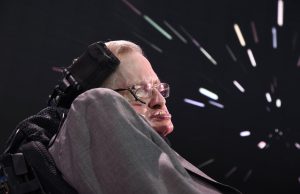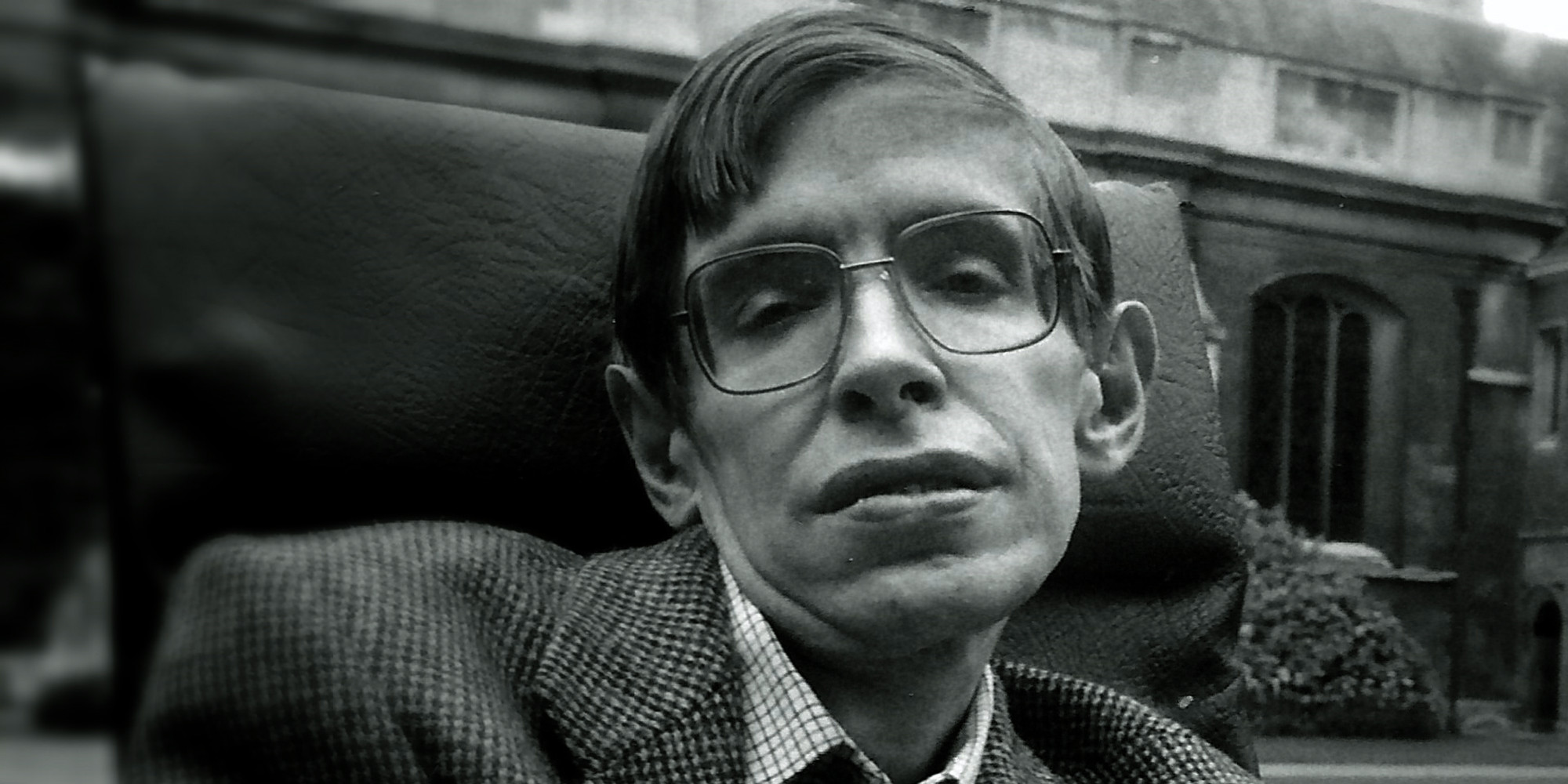Written by Sacca Rawikara
“While there’s life, there is hope.” – Stephen Hawking
On Wednesday, March 14th 2018, world-acclaimed scientist Stephen Hawking passed away peacefully at the age of 76 at his home in Cambridge, England.
Students can not only learn from Hawking’s breakthrough scientific research, which won him numerous awards and accolades for their vital role in the improvement of humanity and our knowledge of the universe, but also from his battle with a rare type of early-onset motor neuron disease, better known as amyotrophic lateral sclerosis (ALS), which caused him gradual paralysis.
His entire future scientific career was threatened when he was diagnosed with ALS at the age of 21 and was not expected to live past 25. However, he survived the disease for more than half a century and refused to let the disease get in his way – be it physically or mentally.
Students can best be inspired by Stephen Hawking’s determination in overcoming challenges. Every day, countless students face difficulties – whether socially, academically, relationally or otherwise. Hawking’s courage has and will motivate countless generations to never give up even when the odds are stacked against them to succeed.
Born on January 8 1942, Hawking was a revered English theoretical physicist, author, cosmologist and the Director of Research at the Centre for Theoretical Cosmology, (that of the University of Cambridge). He was the first to produce the theory of cosmology as explained by the union of quantum physics and the general theory of relativity and supported the many-worlds interpretation of quantum mechanics.
Hawking advised people to remain hopeful even in times of distress. For his part, he focused on the positives in life, on what the disease could teach him, and spread the knowledge about living the best life one possibly. Despite being diagnosed at the young age of 21, he worked hard towards his PhD and went on to become one of – if not the most – influential scientist of the century. “However bad life may seem,” he exhorted during a lecture at the Hong Kong University of Science and Technology (The Guardian, 2006), “there is always something you can do, and succeed at.”
Stephen Hawking taught us countless lessons, such as never taking anything for granted, never underestimating ourselves, and never repressing curiosity. Even in death, Hawking remained a key figure not only in the scientific community, but also as a worldwide icon of perseverance in the face of immense hardship. The legacy he left behind – both scientific and philosophical – is one that we, as students, can learn from.





As an atheist myself, I respect Professor Hawking and his theories. His death is his medicine to a life of pain and suffering. The professor is now one with the universe he explored. Professor Hawking was a remarkable man, and believed that we have one chance at life. I hope everyone may use their one chance to their fullest potential, before, the inevitable death, and soon after, the heat death of the universe. Professor Hawking has been an inspiration to us, and I hope that more people like him would change our scientific state positively. Rest in peace, professor.